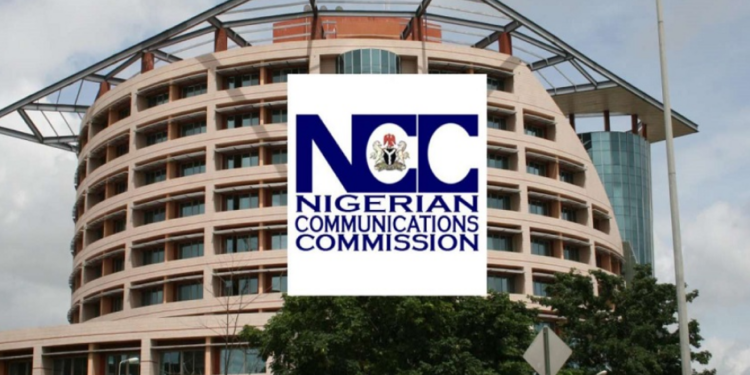Data released by the Nigerian Communications Commission (NCC) has revealed that 5G subscriptions in the country increased to 2.3 million in December 2023.
This, however, represents 1.04% of the country’s total active telephone subscribers, which were 124.7 million at the end of the year.
MTN, Airtel, and Mafab Communications are the three mobile network carriers that have launched 5G in Nigeria.
However, while operators continue to invest in expanding the service, numerous reasons, including the costly cost of 5G devices, have hindered subscriptions to the service, which provides the highest quality of experience when compared to 2G, 3G, and 4G.
However, while operators continue to invest in expanding the service, numerous reasons, including the costly cost of 5G devices, have hindered subscriptions to the service, which provides the highest quality of experience when compared to 2G, 3G, and 4G.

According to NCC, most telephone connections in Nigeria were still on 2G as of December 2023. The industry data shows that 2G accounted for 57.84% of all connections in Nigeria at the end of the year.
The telecom industry statistics further show that 9.80% of the almost 225 million subscriptions were on 3G, a higher generation of network launched in Nigeria in 2007. 3G ushered in the use of video calls and had significantly higher data transfer, operating at a speed of up to 2mbs, and increased bandwidth compared to the 2G network.
According to the Commission, subscriptions for 4G, which the operators started rolling out in 2016 still stood at 31.33% as of December. The data, however, shows that there has been a steady rise in 4G subscriptions as only 25.06% of connections were on 4G as of May 2023.
While the three telecom operators have deployed 5G infrastructure across major cities in the country, especially, Lagos, Abuja, and Port-Harcourt, the service providers are seeing slow adoption due to the device limitation.
While the costs of smartphones generally are high in Nigeria due to soaring inflation, the costs of smartphones are higher, thus deterring many who would have loved to upgrade to a 5G connection.
According to the Chief Technical Officer of MTN Nigeria, Mohammed Rufai, the problem of device compatibility is the reason the telecom operators have continued to maintain their 2G and 3G networks while investing in 4G and 5G.
As you are aware, devices have to be compatible with 5G for them to be used. We have many subscribers in Nigeria who have 2G and 3G devices, and we will continue to cater to the needs of those subscribers,” he said in a recent interview with Nairametrics.
But the challenge is not peculiar to Nigeria according to a recent report from the International Telecommunications Union (ITU), which showed that 5G coverage in Africa was the lowest in the world at 6% as of December 2023.


